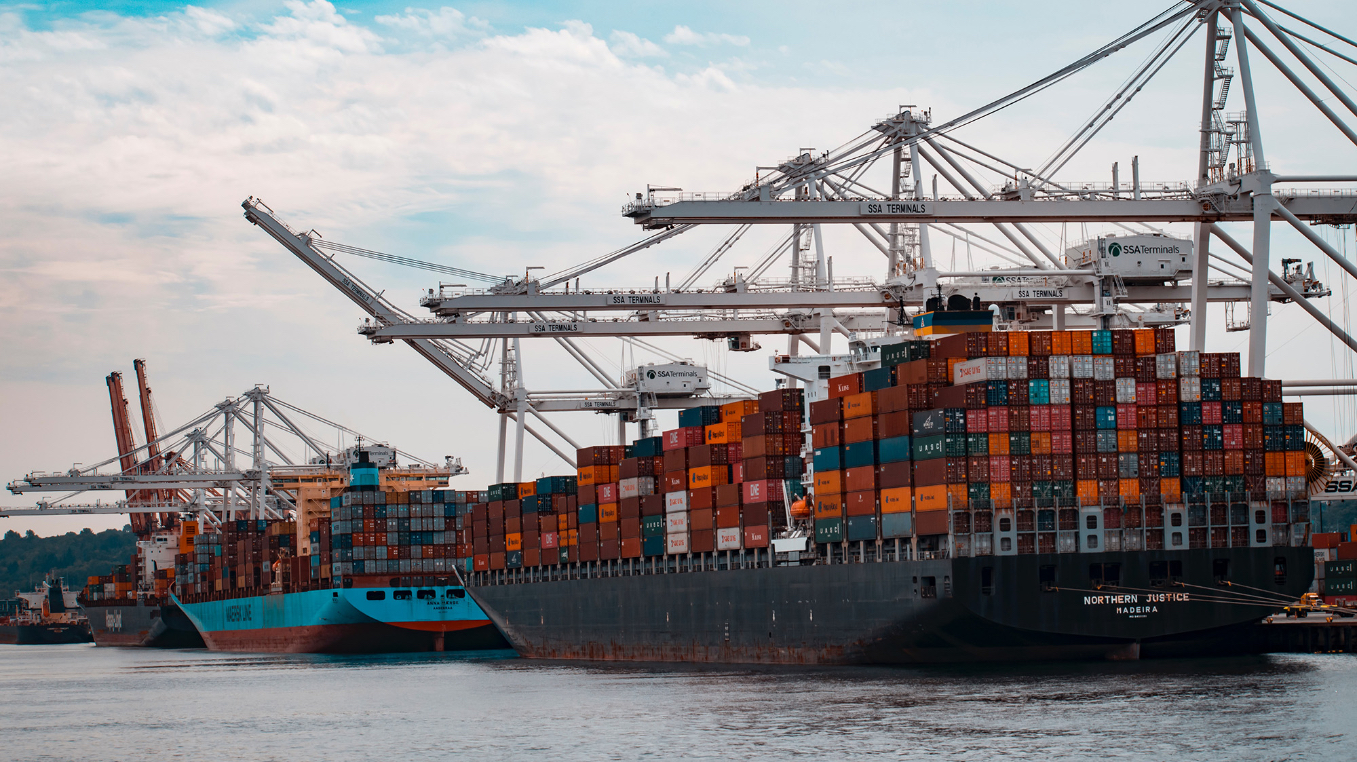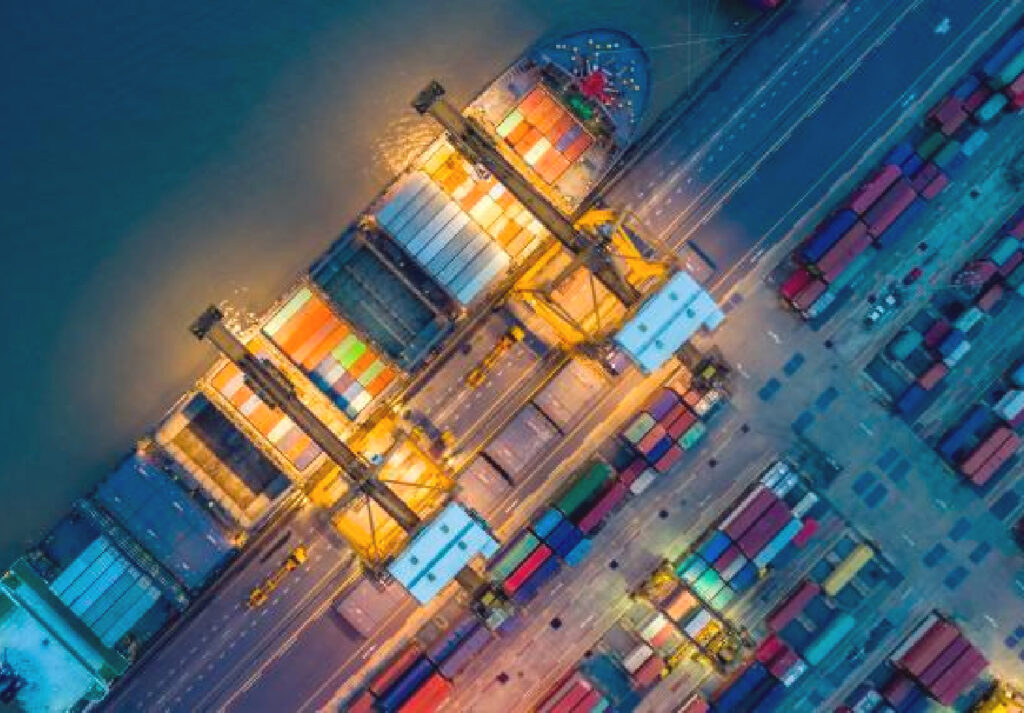Using this tool
Understand how likely a Free Trade Zone is to be exploited for criminal purposes by using this tool to rate a list of risk factors. It offers an assessment framework, a list of suggested data sources and examples of using the tool.
It aims to facilitate a well-informed view of an FTZ’s criminal vulnerabilities and mitigation measures. The assessment will result in an overall risk score that can be used by compliance professionals as a supplement or alternative to country risk scores.
Watch the video to learn more about this tool.


